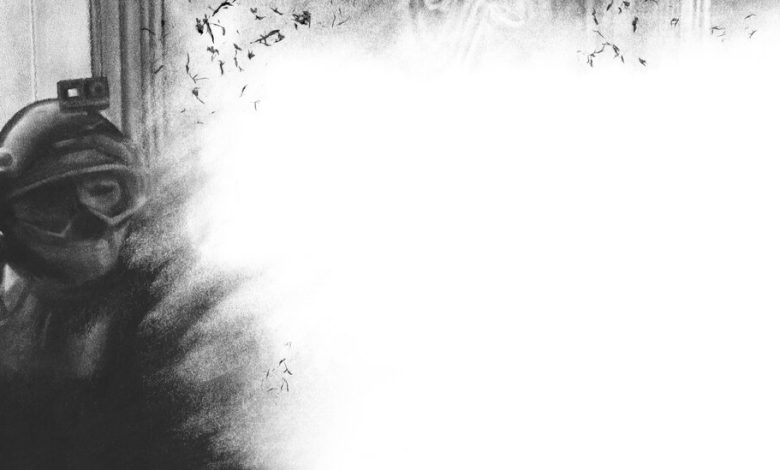How to Deal With the National Trauma of Jan. 6

More from our inbox:
- Trump’s V.P. Factors
- An Age Limit for Presidents
- Ukraine Peace Talks?
- Reasons for Avoiding Parenthood

Credit…Illustration by Deanne Cheuk; source photograph by Reuters
To the Editor:
Re “In Search of the Lost Altar of Oblivion,” by Linda Kinstler (Opinion guest essay, June 16), about how America is still processing the events of Jan. 6 and other traumas:
Like Dr. Kinstler, I too have been unable to find any surviving trace of an “altar of oblivion” at the Acropolis in Athens. Perhaps the plain answer is that there never was one. After all, the ancient Athenians were far too smart to erect an architectural contradiction in terms — a memorial to the very act of forgetting.
But forgetting is what oblivion is all about, and oblivion — not for themselves but for inconvenient truths — is what careerist politicians then and now have always craved, eager as they are to sweep embarrassing facts under history’s carpet.
Indeed, the oblivion that Dr. Kinstler celebrates, claiming that it would serve as a fitting model for our own political behavior today, led to the execution of Socrates, a man many Athenians wanted out of the way because he believed in truth and didn’t readily suffer phoniness and fools.
Remembering the Jan. 6 insurrection in all its ugliness, not forgetting it and naïvely moving on, is precisely what America needs if we are to preserve a democracy worth saving.
Stephen Bertman
West Bloomfield, Mich.
The writer is professor emeritus of classics at the University of Windsor in Ontario and the author of “Cultural Amnesia: America’s Future and the Crisis of Memory.”
To the Editor:
While Linda Kinstler’s essay is creative, it isn’t quite persuasive for several reasons. One is scale: Two examples she cites — the Revolutionary War and the Civil War — were yearslong conflicts that directly affected the entire country, so an act of oblivion could justly be seen as the only way that the nation could move on.